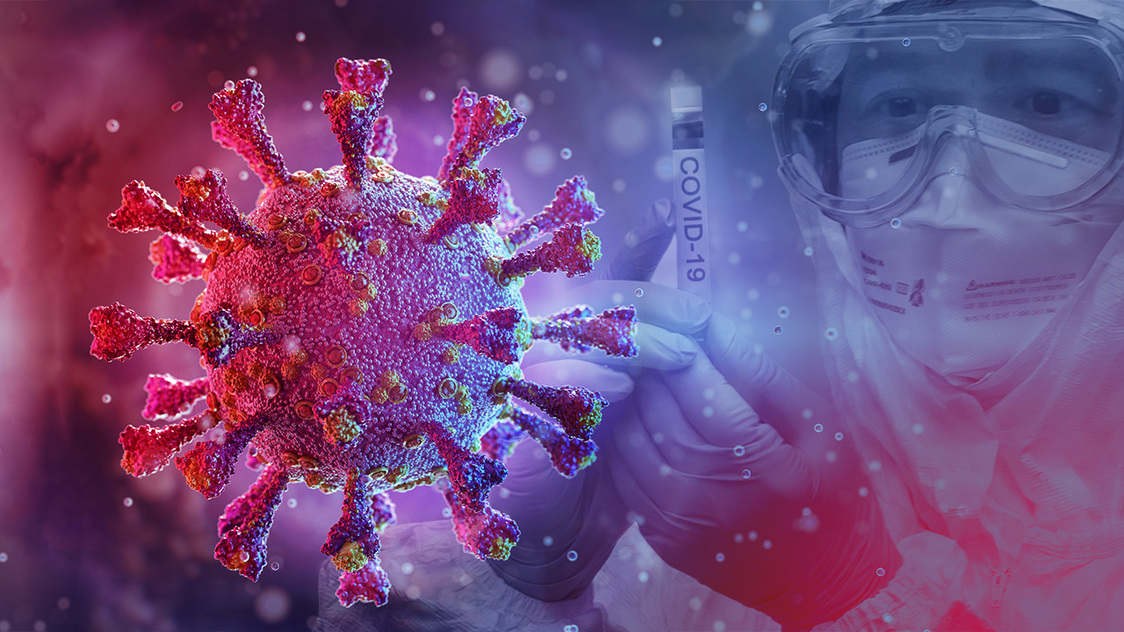There are currently many variants of Covid 19 that are different from the one that was first discovered in China. Covid-19 variants were detected in the UK, Brazil, the United States and other regions… There are 5 notable coronavirus variants, including:
Delta variant
WHO and US CDC rank Delta (B.1.617.2) into the group of variants of the corona virus of concern – VOCs because of its ease of transmission. Delta is the most contagious Covid 19 variant as of September 2021. From its first appearance in India, Delta quickly became the dominant variant of Sars-CoV-2. Delta variants appear in most countries with Covid-19 epidemics. A Covid-19 vaccine could prevent more severe illness from being hospitalized and dying from the Delta strain. FDA-approved monoclonal antibody treatments for Covid-19 are effective in people infected with the Delta strain.

Alpha variant
The Covid 19 Alpha variant was first detected in the UK, marking the global outbreak of Covid-19 since the end of 2020, including Vietnam. The Alpha variant is 70% more transmissible than the old strain.
Gamma variant
The Covid 19 Gamma variant discovered has existed in Brazil since November 2020, and is 2.5 times more contagious than the original Sars-CoV-2 strain that originally appeared.
Beta variant
The Covid 19 Beta variant was first discovered in South Africa. The Beta variant is 1.5 times more infectious than the Alpha variant in the UK.
Omicron variant
Variation (B.1.1.529) was first detected in November 2021 in South Africa, and is included in the group of worrisome variants – VOCs. Omicron is gradually replacing the Delta strain in many countries. Omicron is more transmissible than the older strain. However, the data shows that Covid-19 caused by the Omicron corona virus variant causes milder symptoms than other forms. The US CDC says that some treatments for Covid-19 with monoclonal antibodies are still effective against Omicron. The appearance of Omicron shows the importance of vaccination and booster shots.
Will more SARS-CoV-2 variants emerge?
Yes. As Covid-19 continues to spread rapidly in the community, mutations will continue to occur. Even new Covid-19 variants are discovered every week. Virus mutations have led to new Covid-19 variants that are more contagious. The Delta and Omicron variants are testament to this. The scientists found that these new mutations appear to affect the spike protein of SARS-CoV-2, which helps them attach more tightly to cells in the nose, lungs and other parts of the human body, making them more susceptible to infection. more infectious than older strains.
With the characteristics of an RNA virus, Sars-CoV-2 will continue to have many new Covid 19 variants. However, the good news is that there are many new ways to help people fight these variants, including the emergence of the monoclonal antibody drug.